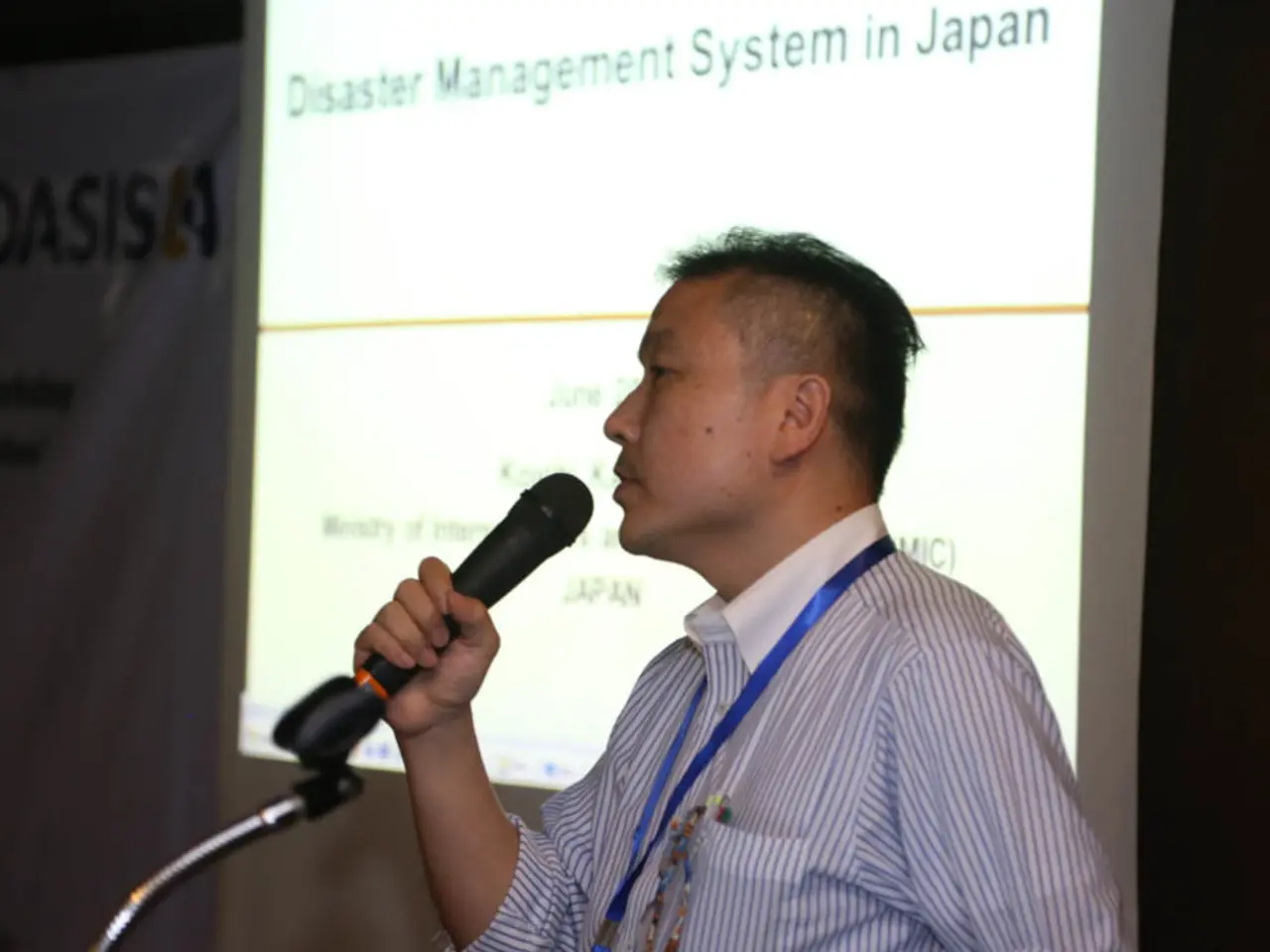"Netanyahu seeks American participation in military conflict"
In recent years, Israel has launched surprising attacks on Iran's military and nuclear facilities, causing significant damage. But why is Iran finding it hard to defend itself?
According to security expert Cornelius Adebahr, the answer lies in last year's military confrontations. During these brief skirmishes, Israel gained a military advantage over Iran by severely damaging its air defense and infiltrating the country through a sophisticated intelligence operation. This operation resulted in the sabotage of Iran's missile defense systems, showing how vulnerable the country truly is.
When it comes to intelligence gathering, Mossad is struggling to keep up, Particularly in regards to Iran. Hezbollah leaders in Lebanon were compromised in the past, and a similar infiltration in Iran is likely. This infiltration could involve Iranian Jews and others with good linguistic and cultural knowledge aiding Mossad in navigating the country, as well as Iranian citizens working within their own security apparatus who betray state secrets to Israel.
The weakening of Iran's allies in the region, such as Hamas, Hezbollah, and the Houthis, has further complicated Iran's military strengths. Previously, Hezbollah in Lebanon possessed over 100,000 rockets that could have responded to an Israeli attack on Iran's nuclear facilities. However, Israel destroyed production facilities and severely decimated Hezbollah's military leadership, eliminating this potential response.
As for allies, Iran is finding it difficult to find support. Arab states condemn the Israeli attacks but have no intention of supporting Iran in a military confrontation. Syria is no longer an ally since the fall of Assad, and Russia, China, and other key players are not actively supporting Tehran.
The economic foundation of Iran is largely based on the export of raw materials, such as oil and gas. Military expenditures are financed through these exports. While international sanctions have impacted Iran's economy, the country can largely keep its budget afloat due to relatively high oil prices.
In terms of nuclear capabilities, Iran's military superiority over Israel is evident. However, the regime is trying to create so much civilian casualties in Israel that public opinion shifts. The only way to truly deter Israel is through the possession of an atomic bomb, but this presents a difficult challenge given the recent attacks on Iranian nuclear facilities.
Israel seems intent on preventing Iran from developing a nuclear bomb, but the country's uranium enrichment facilities are deeply buried and protected, making them difficult to destroy. In order to achieve this goal, Prime Minister Netanyahu needs the entry of the USA into the war. The potential consequences of US involvement in the conflict are multifaceted and fraught with risks, including escalating the crisis, undermining international nuclear agreements, and provoking broader proliferation challenges.
Ultimately, the future of Iran's nuclear program remains uncertain, and it is unclear how it will unfold despite recent Israeli attacks and international sanctions. The potential for escalation and conflict in the region remains high, making the situation a complex and critical geopolitical issue.
Community policies and general news outlets should closely monitor the ongoing standoff between Iran and Israel, as the looming threat of nuclear ambitions may escalate into war-and-conflicts due to political tensions. In the context of energy policies, the risk of an energy crisis could escalate if Iran retaliates against Israel, potentially disrupting oil and gas exports in the Middle East region.





